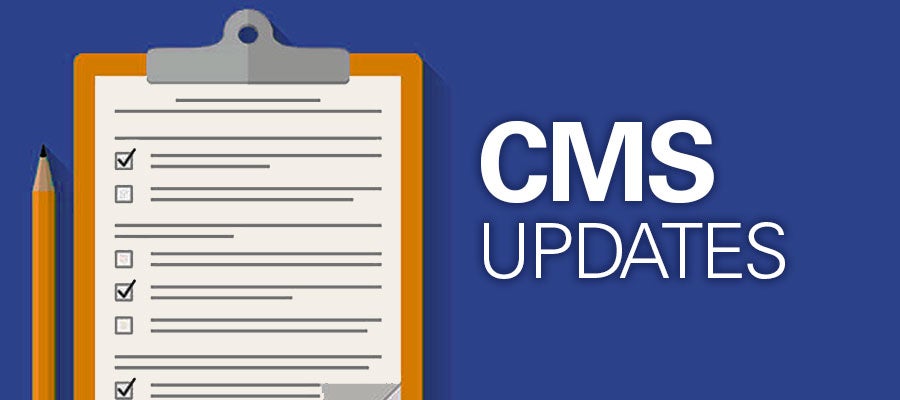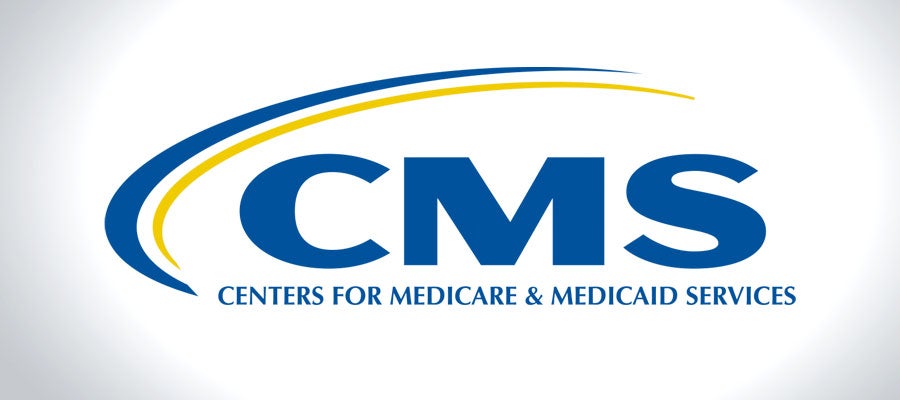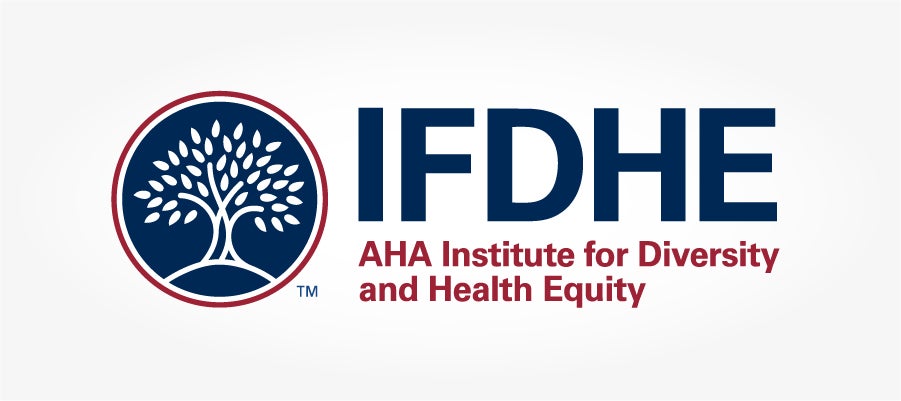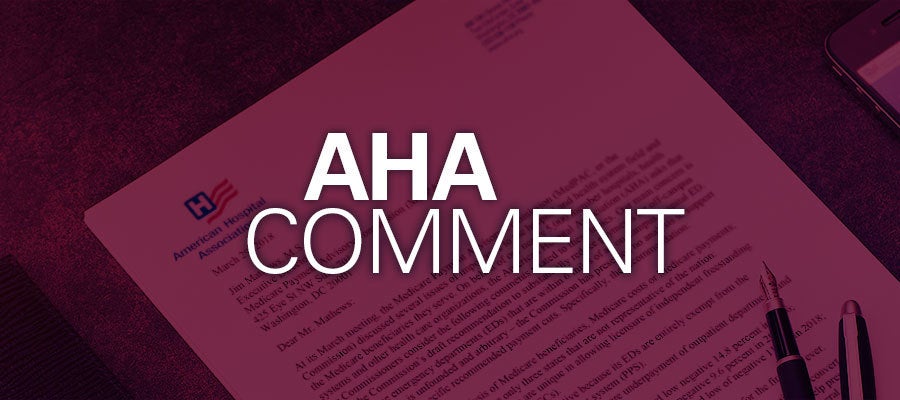
The Department of Health and Humans Services extended the designation issued Feb. 1 under Executive Order 13910 and section 102 of the Defense Production Act, as amended, for health and medical resources necessary to respond to the spread COVID-19 that are scarce or the supply of which would be threatened by excessive accumulation by people or entities not needing the excess supplies.






